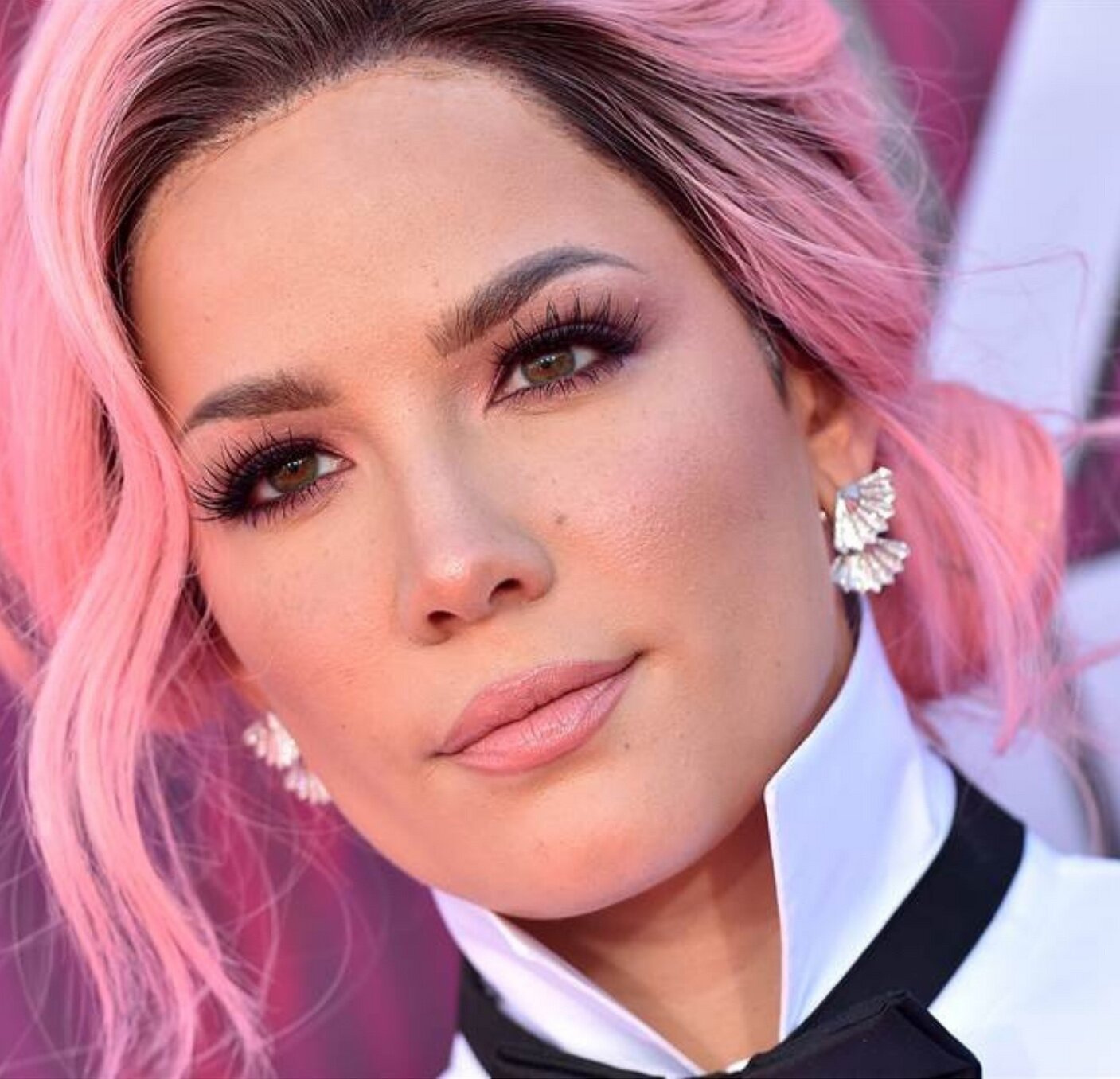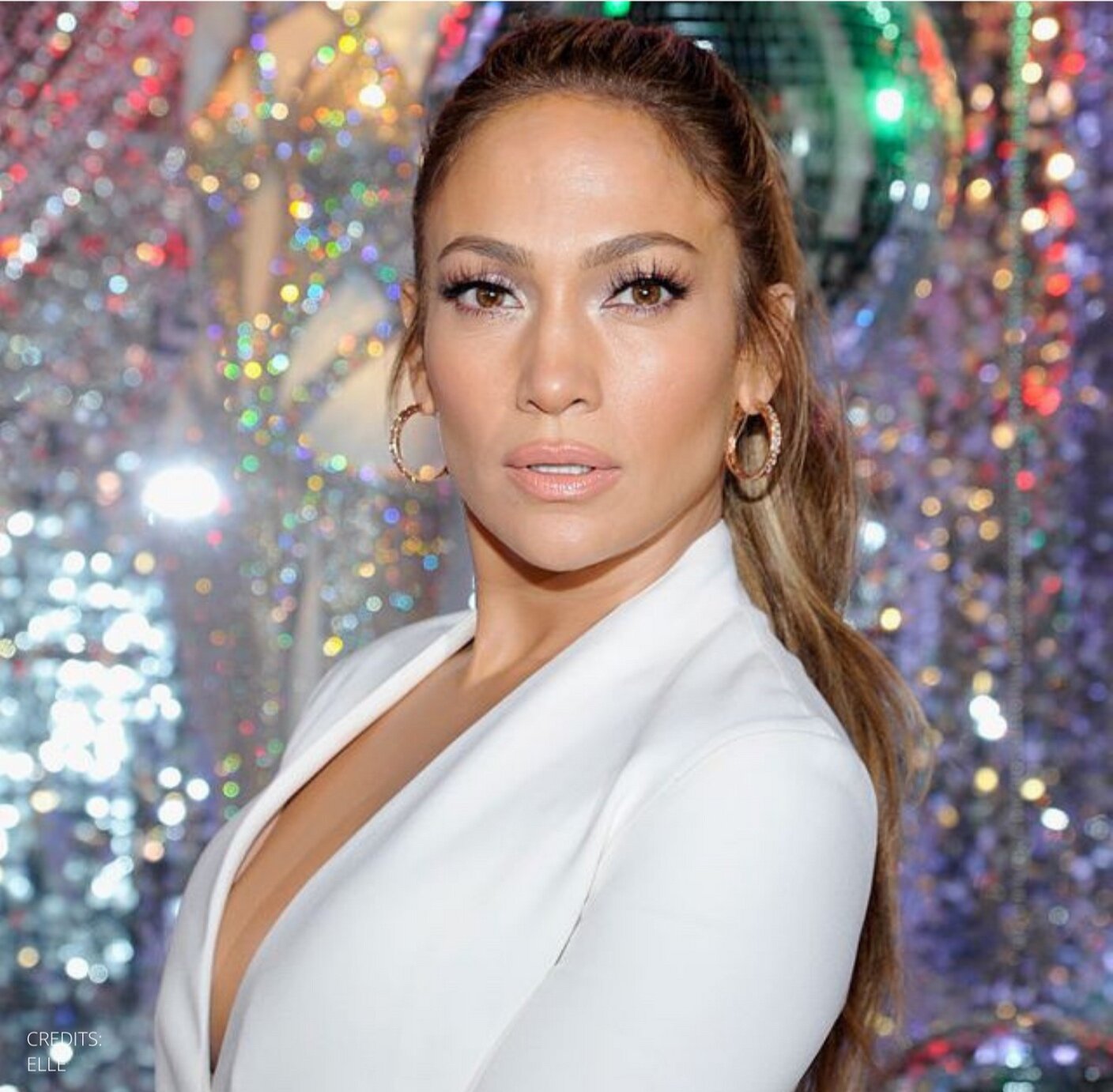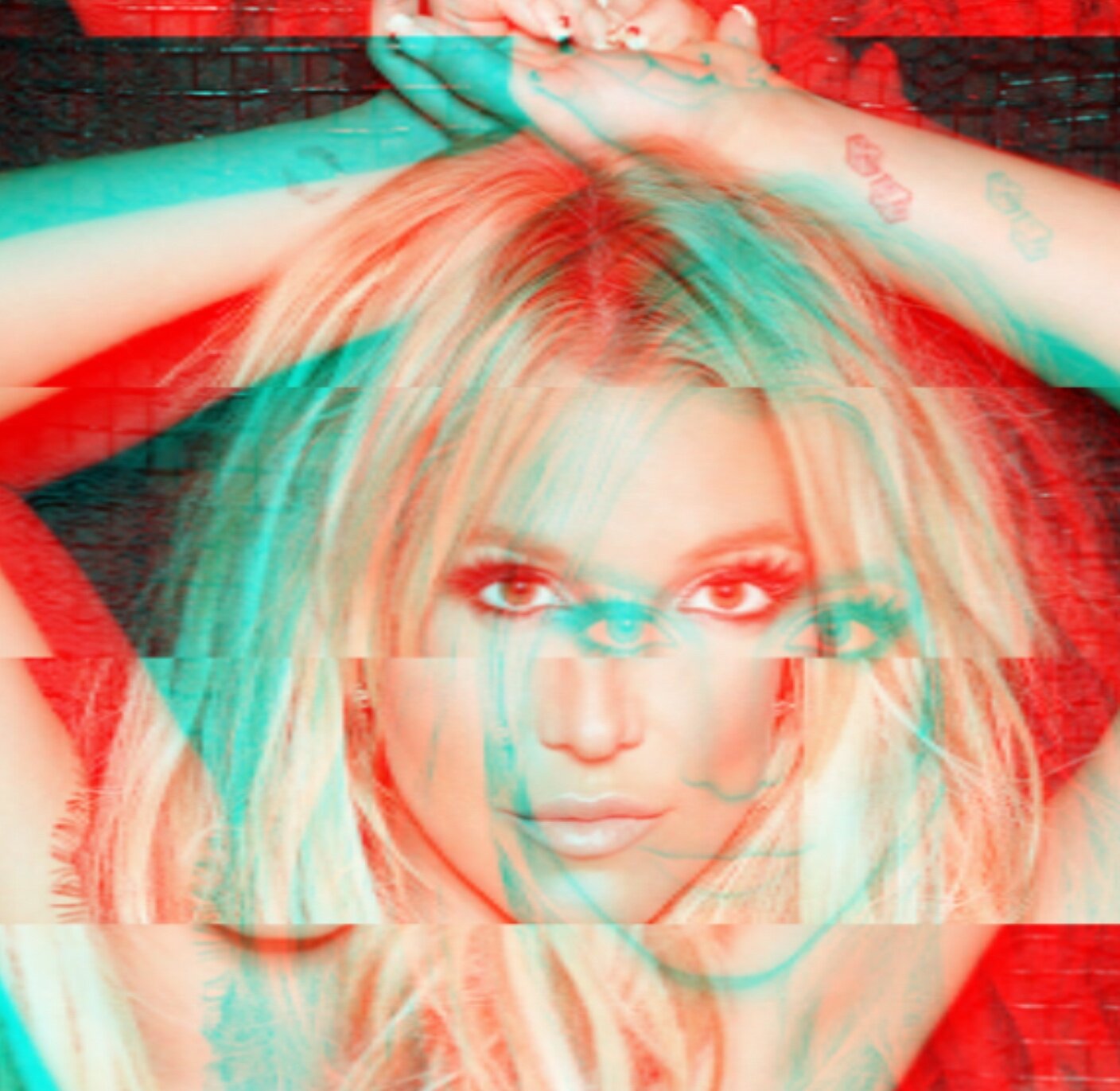POP CULTURE

NEWS | ENTERTAINMENT | HEARSAY
Megan Thee Stallion is a US rapper and songwriter known for her confidence, sensuality, and explicit lyrics. "It's not just about being sexy” she says. “It’s about being confident and me being confident in my sexuality".
Her latest song release “Body” is full of body confidence and was inspired whilst appreciating her body during lockdown last year. She explained "I was walking around the living room, freestyling, and appreciating my quarantine body 'cause I feel like I got a little fluffy and thick, and I was like, 'Baby I still look good'". She later stated that the song was aimed at celebrating body positivity in "all bodies", and at the livestream premiere for the song's music video, she told fans, "You're going to see all body shapes, a lot of strong women doing the damn thing. Just being confident and owning their bodies and their sexuality".
Megan introduces the “Body” music video with “I love my body. Every curve, every inch, every mark, every dimple is a decoration on my temple. My body is mine. And nobody owns it but me. And who I choose to let in is so lucky. You may not think my body is perfect, and it probably never will be, but when I look in the mirror? I love what I see”. This is a really refreshing and empowering contrast to the often damaging messages typically shared in mainstream pop music and culture. Girls and women are typically portrayed as “easy”, slim and petite, not big, bold and confident like Megan is encouraging us to be.
Carl Lamarre of Billboard, an American entertainment media brand, wrote that Megan Thee Stallion "salutes curvy women on this body-positive record". Brooklyn White of Essence, a monthly lifestyle magazine, also agreed that Megan "continues her mission of empowering women of all different kinds to be confident in their own skin".
We at I Am Beyoutiful very much welcome Megan’s really important message of body confidence, and we believe there is a real scarcity of such empowering messages in the media. However, unfortunately, along with our admiration for her latest song, we also have some objections.
Megan describes her body as “crazy, curvy, wavy, big titties, lil' waist”, “That ratio so out of control, that waist, that ass, them titties”, “I could build a house with all the brick I got”. Whilst she does a good job at challenging society’s distorted stereotype of what a woman should be, she seems to create yet another narrow idea of what that is.
She brags about her desirability and being the envy of other women… “You know I'm the hottest, you ain't ever gotta heat me up”, “B!tches spend a lifetime tryna get this hot”. Bragging in this way lacks respect for other women and also promotes the idea that women must compete with one another and that sexual desirability is what women should aspire to.
Megan uses her “sex” appeal to grab attention. This is often dressed up as women taking control of their sexuality, but it’s usually more about women adopting one of the few stereotypical roles that are available to them in a sexist world. This is often the only way women are accepted or heard.
Last year, Time magazine named Megan Thee Stallion one of the 100 most influential people in the world. Evidence of her influence is the popular TikTok trend where users exhibit their own bodies and promote body confidence on the background of Megan’s "Body" audio. Above and beyond this trend, we hope that Megan and others like her are able to influence further. We hope that they are able to help push towards progressive change in our cultural perception of what it is to be female, and human. Lasting change that allows us to be whomever and whatever we are.
Ashley Nicolette
The singer Halsey, whose real name is Ashley Nicolette Frangipane, took part in an Instagram trend during which she was asked to share a photo that represents her lowest point. She responded by posting a photo of herself, semi-naked and looking very underweight, at a time she was suffering with an eating disorder. She captioned it “TW: ED… ask for help (heart emoji)”, which some called a much too subtle trigger warning (“TW” an abbreviation for ‘trigger warning’ and “ED” an abbreviation for ‘eating disorder’).
The backlash she received for posting the photo was unexpected. People complained that she should have given a very clear trigger warning before sharing this severity of low point, such “horror”. They claimed it could “trigger” users, namely those suffering with an eating disorder, despite there being no evidence for this whatsoever.
The singer later tweeted an apology, writing “TW: disordered eating. I am very sorry for posting a photo of myself depicting my struggle with ED without a sufficient trigger warning. I was very nervous to post it and didn’t think properly,”. She latter added, “I had positive intentions. I would never want to harm someone who shares my struggle.”
In a follow-up tweet, Halsey explained that she would be logging off of social media because “this has turned into something I am not emotionally equipped to handle for the time being”. “I hope that’s okay,” she added alongside a heart emoji.
This is not the first time Halsey has opened up about prioritising her mental health. In 2019, the singer, who was diagnosed with bipolar disorder when she was a teenager, told Rolling Stone, an American monthly magazine, that she has been admitted to hospital twice since becoming famous and that it had been her choice both times.
“I’ve been committed [admitted to hospital] twice since [I became] Halsey, and no one’s known about it. But I’m not ashamed of talking about it now,” she said. “It’s been my choice. I’ve said to [my manager]: ‘Hey, I’m not going to do anything bad right now, but I’m getting to the point where I’m scared that I might, so I need to go figure this out.’ “It’s still happening in my body. I just know when to get in front of it.”
Far from triggering or harming anyone, being open about our struggles is usually very useful to others. It can have all sorts of positive outcomes, including opening peoples’ eyes up to things they aren’t familiar with or even aware of, as well as letting people know that they are not odd or suffering alone. People suffering with a different condition all together, or no specific condition at all, may be able to relate to our struggle in some way and take away something positive, inspiring and/or transferrable. Last but not least, it gives a balanced, more complete view of the world we all share. Sometimes, however, the right thing may not be to share our struggles with anyone at all, and that will depend entirely on how we feel at the time.
The backlash to Halsey’s photo exposes one of the ugliest sides of social media. We’re expected and encouraged to show off a sterile and contrived version of who we are and what our lives entail, and the expectations are so high, it is not just the high points of our lives that we end up sharing, it’s the manufactured ones too. In terms of being our genuine selves…it seems to be a race to the bottom, a race to the land of all things fake.
The lessons we draw from this is that we mustn’t be ashamed of who we really are. There is so much beauty in being unique and different, and just being you, whatever that might be. We are all beautiful in all of our perfectly imperfect bodies. Instead of hiding away and asking for permission to reveal ourselves, we should feel free, bold and proud to show ourselves off, impefections and all.
There is also much liberation in letting go of the idea that you need to present a manufactured version of yourself. Let go of that idea, be you, the only person you are qualified to be, and feel how much lighter and more free you feel.
The disapproving manner in which eating disorders and other mental health conditions are portrayed in the media leads to ignorance and confusion, and this is why so many suffer in silence. We at I Am Beyoutiful campaign for clear and honest media content. We want more openness about our lifes’ struggles, not less.
Our mission is to change the perception of beauty. To change the way young women view themselves and change the way they are viewed by the world around them. Join us on the BeYoutiful journey.








